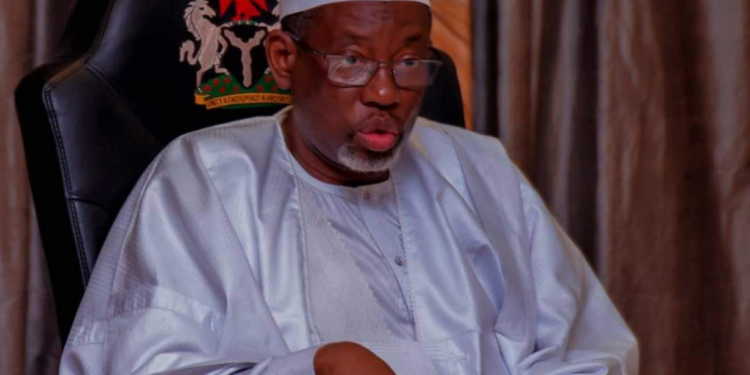The October 16 tanker explosion in Majia, Jigawa State, which resulted in the death of 209 people, has been attributed to a combination of poor road conditions, reckless driving, and unsafe practices, according to an investigative report submitted to Governor Umar Namadi on Wednesday. The committee, led by retired Deputy Inspector General of Police Hafiz Inuwa, presented its findings at the Government House in Dutse, shedding light on the causes of the tragedy and proposing measures to prevent future occurrences.
The investigation revealed that damaged speed bumps, potholes, night driving, and excessive speed contributed significantly to the incident. It was determined that the fire ignited when friction occurred between metallic containers and hard surfaces as people tried to scoop spilt fuel from the overturned tanker.
The report highlighted the interplay of infrastructural failures and human behavior as key factors behind the disaster. The panel’s findings also disclosed that 167 families were directly affected by the tragedy. While 38 victims remain hospitalized, 61 have been discharged after receiving treatment. Properties worth millions of naira were also destroyed in the inferno, deepening the impact on the community.
Inuwa commended the swift intervention of the state government, which he said helped to mitigate the immediate effects of the disaster. Governor Namadi expressed his grief over the tragic loss of lives and assured the affected families of the government’s commitment to implementing the committee’s recommendations. He emphasized the importance of addressing the root causes identified in the report, including the need for road repairs, improved traffic regulation, and stricter enforcement of safety measures for petroleum transport.
In addition to infrastructural and regulatory improvements, the committee suggested long-term measures to support the victims and their families. Proposals include enrolling vulnerable individuals into the Danmodi Care Programme and introducing empowerment schemes to rebuild the livelihoods of affected families in Majia town. Upgrading emergency response systems and establishing trauma and burns units in health facilities were also recommended to enhance the state’s ability to respond to such incidents in the future.
Governor Namadi pledged to act swiftly, promising that the lessons from this disaster would drive meaningful change. He expressed solidarity with the bereaved families and assured them that their pain was shared by the entire state. In his words, “We are deeply saddened by the loss of lives and the devastation caused by this tragedy. The government will do everything in its power to ensure such an incident never happens again.”
The report underscores the broader issues plaguing fuel transportation in Nigeria, including inadequate road infrastructure and insufficient regulatory oversight. While Jigawa’s proactive approach offers hope for the affected community, it also serves as a reminder of the urgent need for national reforms to prevent similar tragedies elsewhere.
































